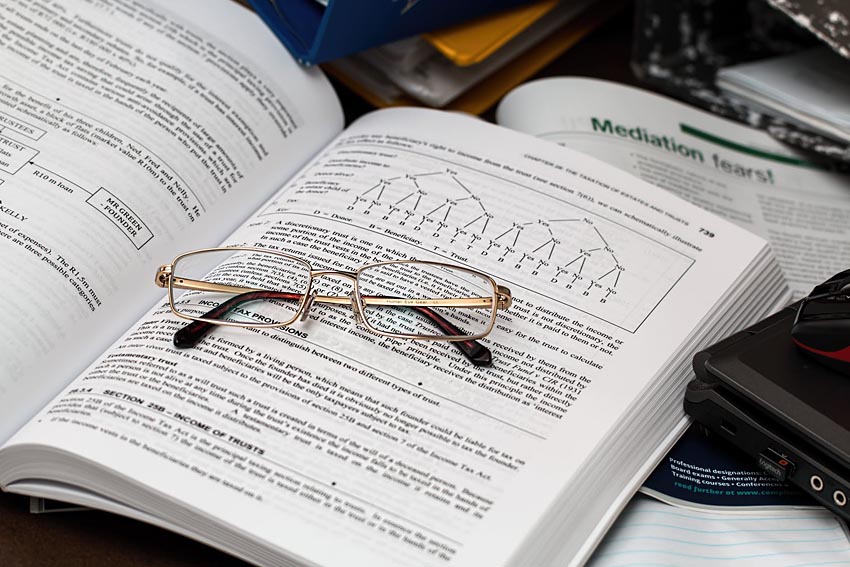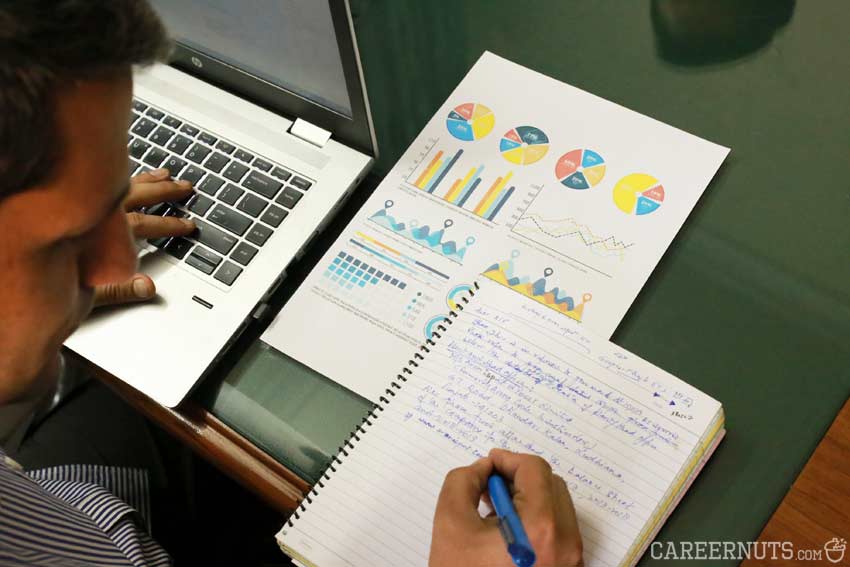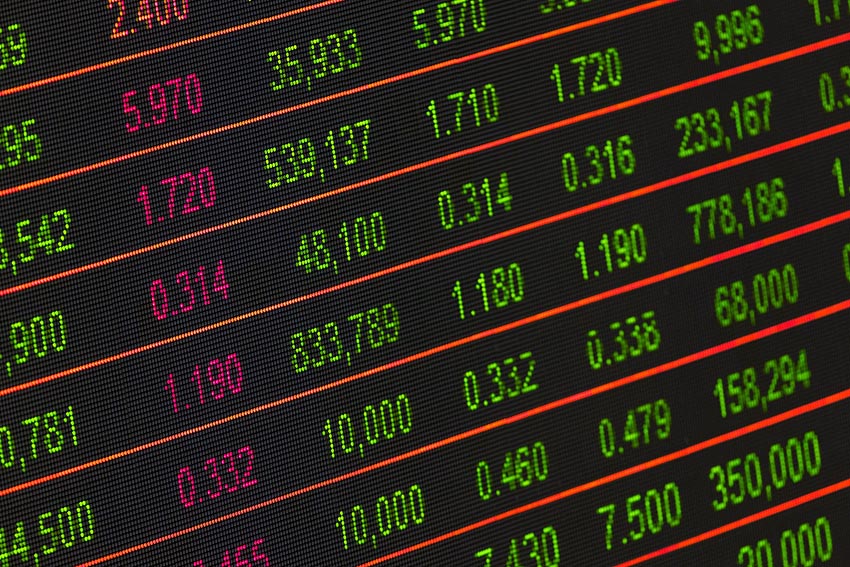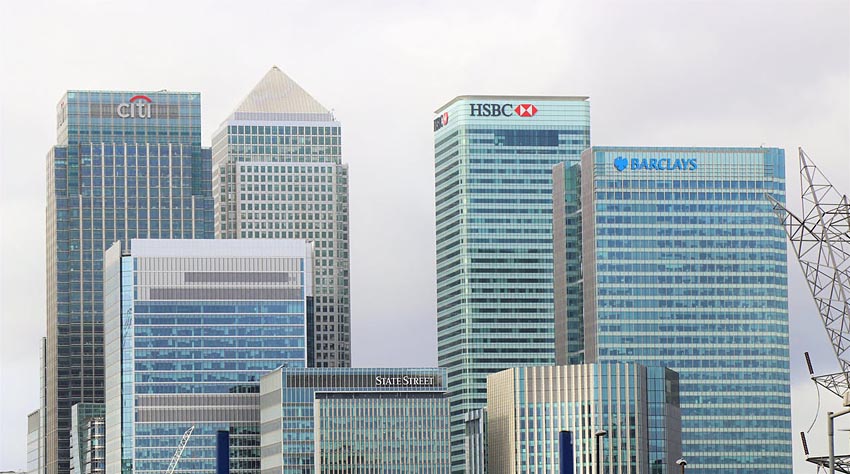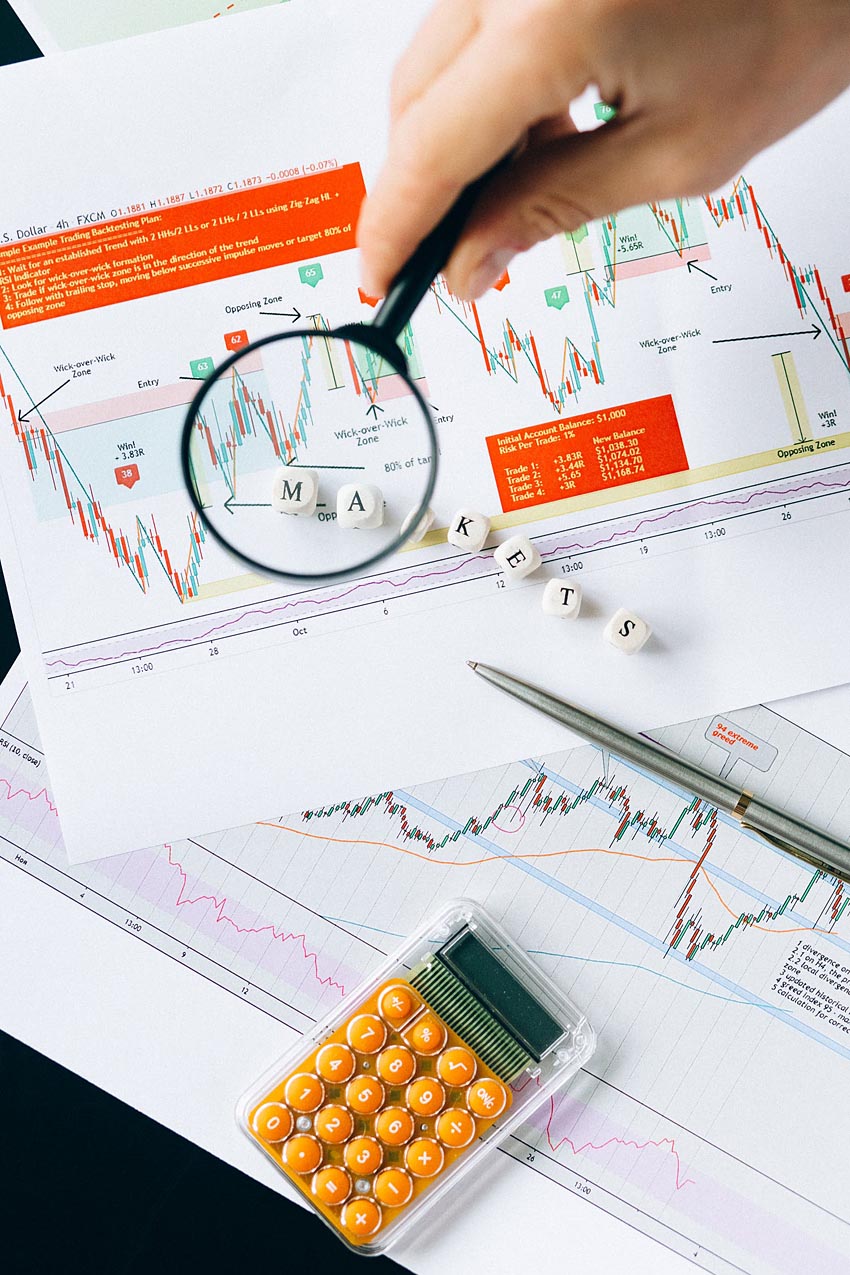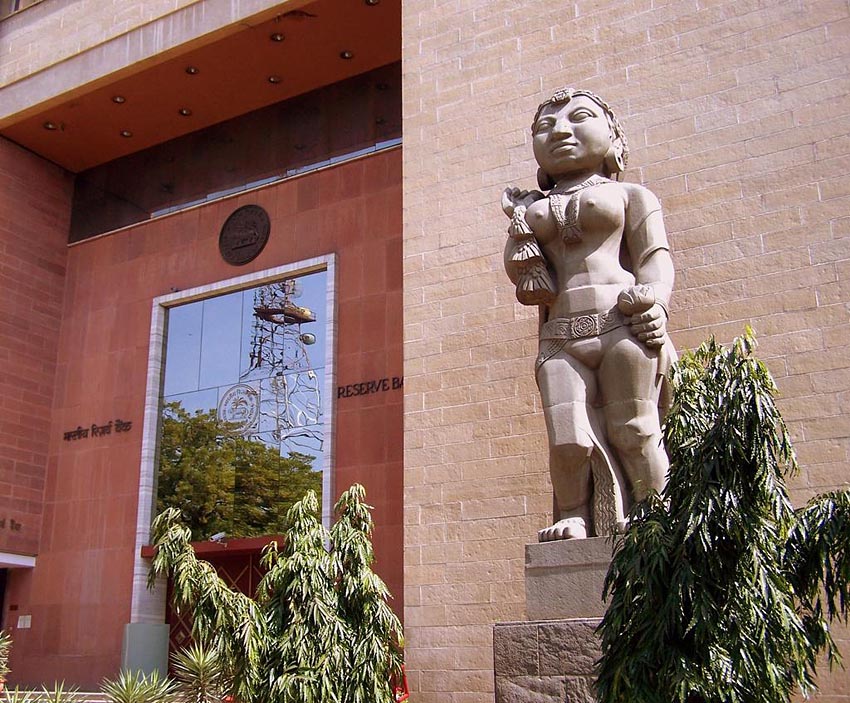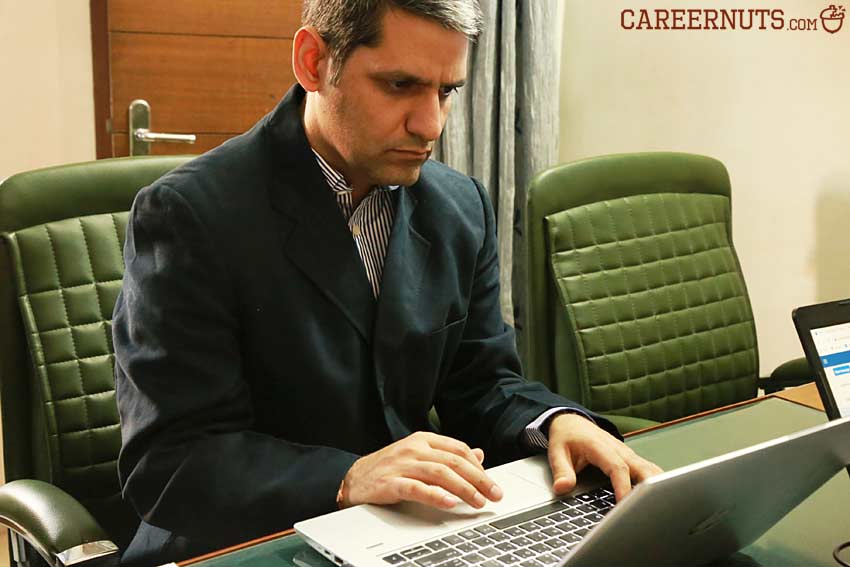Hi there! Are you someone who is interested in building a career in economy? Find out all about the economist career path, future, and required skills from a professional!
Coming from an economics background can be extremely helpful in various walks of life as it promotes critical thinking and analytical skills, plus a large number of people are interested in the economy of the country. Hence, being able to understand the workings gives you an edge.
Economics offers an array of career options that you can choose from, however, being an economist is the most predominant of them all. Sounds interesting? Let’s find out more about the economist career path. For example, the books you should read, personality traits you need to become an economist, and even the movies you should watch!
1. Economist Career Path: What Does an Economist Do?
Wondering what an economist does? To begin with, economists are responsible for analysing the economic value of a sector.
They do this by sorting and evaluating data, carrying out extensive research and analyzing the results. Economists are sought after in almost every sector such as education, health, business, or environment, as every sector irrespective of its size has to deal with economical issues.
As an economist, your job is to provide much-needed information about topics like business economics, and financial markets intelligence to corporates, investors, and the government. The job role of an economist also involves using cutting edge analytics with qualitative analysis to assess emerging trends in the Indian economy.
Contents: Jump to Section
1.2 Social Image
1.3 Reasons to Become an Economist
2.2 Physical Demands
2.3 Psychological Demands
3.2 Related Hobbies to Take Up
3.3 Related Movies/ TV Shows
3.4 Related Fiction to Read/ Novels
4.2 Traveling Required
4.3 Average Workday/What to Expect
5.2 Threats from Automation
5.3 Common Reasons for People to Quit
1.1 Industry/Sector
Banking/financial sector
Traditionally, economists were employed by domestic financial institutions like banks, investment banks, rating agencies etc. or were hired by foreign financial institutions via KPO (knowledge process outsourcing) set up in the private sector.
However, with increased recognition of specialised inputs economists bring to the table, a lot of corporates are now hiring economists to provide specific in-house insights, such as to forecast business, sales etc. in a company. This trend is quite well established overseas but recently it has been catching up in India as well.
A few key sectors that have realised the need of an economist over time are transport, infrastructure, retail, and technology among others. One can also join the Reserve Bank of India as an economist.
1.2 Social Image
Highly respectable but not always well understood.
The profession is considered highly respectable as it requires a fair amount of specialised expertise and experience. In addition, it is a subject that the common masses may not easily understand, but they do want to understand. So, an economist’s views are always sought after as it helps people understand and evaluate their assets.
1.3 Reasons to Become an Economist
No targets, decent salary
One of the most prominent reasons to become an economist is that the profession offers the best that is possible. Typically, the role has no targets, at least in terms of revenues. Hence, in that sense, the pressure is less and the work-life balance is quite reasonable.
But if you are looking forward to pursuing a career in economics, you should have a strong love for economics that will eventually push you to perform to the best of your capability. This is a must in this profession. While salary can vary depending on your skills and experience, it is a good attraction.
2. What It Takes to be an Economist
2.1 Personality Traits Required
A lot of reading, logical reasoning, skills and an aptitude for writing
Being an economist requires extensive reading, the ability to develop logical reasoning, a flair for writing and expressing oneself along with a mental aptitude to look at numbers/data and decipher meaningful analysis. These traits are crucial for carrying out everyday tasks in an effective manner.
The economist career path also requires one to be really meticulous when dealing with numbers, trends and their analysis, it’s important to pay attention to detail, and give your 100% attention.
2.2 Physical Demands
Spending long hours on laptop/computer
While some jobs may require you to be on the move, conduct presentations, travel a lot, an economist’s job role is more about dealing with the clients and tracking data inside an office. As an economist, you might need to stay glued to the system for long hours. It also requires extensive research and qualitative analysis, which further increases the need of using computers or mobile phones.
2.3 Psychological Demands
Deadlines can be extremely challenging
Quite similar to many other job roles, even an economist needs to be particular about the deadlines. At the same time, they need to be accurate about their findings as even a minor mistake can unleash drastic outcomes!
3. How to Build Interest in a Career in Economics
3.1 Extra-Curricular Activities Recommended
Speaking and presentation skills
Economics goes beyond textbooks. Real-world is quite different and to understand what is happening in the economy around you, it is crucial to read at least one popular financial newspaper every day. In addition, knowledge of basic excel, with some data-focused tools will prove to be handy. Last but not the least, work to enhance your presentation and speaking skills; it goes a long way.
3.2 Related Hobbies to Take Up
Reading
As mentioned earlier, reading is quite important for the economist career path as they have to always keep tracking and analyzing data. Hence, it forms an important aspect of an economist’s role. One must develop the skillset to read long documents and academic papers.
3.3 Related Movies/ TV Shows
- The Wolf of Wall Street (R)
- The Big Short (R)
The Wolf of Wall Street is a popular movie featuring Leonardo DiCaprio, it takes you for a ride and introduces you to the ups and downs of the stockbroking firm. Whereas, The Big Short featuring Ryan Gosling and Brad Pitt is about the life of financial experts who predict the collapse of the US housing market.
3.4 Related Fiction to Read/ Novels
Freakonomics, Fault Lines
Freakonomics by Stephen J. Dubner and Steven Levitt, is one of the few popular non-academic economics books. It is about how a rogue economist, who explores different aspects of things. On the other hand, Fault Lines by Dr. Raghuram Rajan, tells you about how hidden fractures still threaten the world economy.
4. Life as an Economist
4.1 Part-Time Options
No
The economist career path requires lots of efforts and dedication. You have to relentlessly keep reading, tracking macroeconomic data, economic and policy developments in India and global markets. All of this is time-consuming. Hence, this job needs you to deposit more time.
4.2 Traveling Required
Not frequent
As an economist, you might not need to travel a lot. It is more like an office job, so, most of the travelling that one can be doing is from their place to the office and vice versa. However, there can be occasional business trips, still, they are quite rare.
4.3 Average Workday/What to Expect
An average workday of an economist comprises tracking overnight developments in the US economy and morning opening in Asia. Scanning through mails, reading about key overnight events in detail and preparing a summary of market/economic updates to be released.
An economist also has to keep an eye on markets (Rupee and bonds)/economic data releases, if any, and read at least 2-3 business newspapers in detail.
At times it includes working on a report or presentation, putting forth views on the economy, team discussion to build consensus on economic views, forecasts etc. In the case of a key economic data release, one has to assess the data and prepare a short report to be released ASAP.
5. Future of Your Career as an Economist
5.1 Retirement Prospects
No retirement age
There is no fixed age for retirement in the economist career path. Once you have the knowledge, you can use it for as long as you want. Even after retiring, you can always give financial advice.
5.2 Threats from Automation
No
The economist career path includes evaluation of data and reasoning, hence, it’s more about applying logic. Therefore, the fear of automation is quite low in this job.
5.3 Common Reasons for People to Quit
None
Once a person chooses the economist career path, they barely quit their job as people who are passionate about this area are the ones who take up this role. This is fulfilling and offers a quality lifestyle. Moreover, the knowledge one develops while working, stays with them and they can apply it as and when needed.
So, what do you think about the economist career path? Do you find the lifestyle of an economist interesting? Let us know what you think about the job role of an economist by tweeting @CareerNuts.
Read next:
How to Become an Economist in India: Qualification, Fees, Salary

Yuvika Singhal is an Economist with over 12 years of experience in Indian economic research with specialisation in empirical work in macroeconomy and public policy. She works for QuantEco Research, New Delhi, prior to which she was employed by Yes Bank and ICICI Bank.
At QuantEco Research, Yuvika regularly presents to clients on the India economic and financial market outlook and comments on economic developments in the media to CNBC, BTVI, Zee Business etc. She also represented India at the 2013 Economics International Visitors Leadership Program (IVLP) in the US.
Yuvika completed her BA Economics from Shri Ram College of Commerce (2007), after which she graduated from Delhi School of Economics (2009) with an M.A. in Economics. In her free time, she likes painting and reading.
